Georgia’s so‑called “Don’t Say Weed” law has emerged as one of the most talked‑about pieces of cannabis legislation in 2025. On the surface, it may look like a minor tweak to the state’s marijuana policy—but its implications are far‑reaching. While lawmakers claim it protects underage individuals from exposure to THC products, many medical cannabis users, doctors, and advocates believe it constricts patient access and stigmatizes legitimate medical use. In this article, we explore what the law entails, how it affects medical marijuana patients across the state—from Atlanta to Savannah to Macon—and where Georgia stands in the broader national context.
Background: Georgia’s Evolving Marijuana Laws
Georgia has walked a careful path on marijuana policy for decades. In 2015, the Haleigh’s Hope Act legalized “low‑THC oil” with up to 5 percent THC only for specific medical conditions. Over the years, qualifying conditions expanded via legislation in 2017 and 2018 to include PTSD, intractable pain, lupus, and cancer. By 2023, licensed dispensaries opened in Macon and Marietta, marking the first retail access for registered patients.
Nevertheless, recreational use remains illegal statewide, though several cities—Atlanta, Savannah, Athens, and others—have decriminalized small amounts. As of mid‑2025, the state’s medical program serves roughly 33,000 patients—far behind neighboring Mississippi and Louisiana, which have 50,000+ patients each.
What the “Don’t Say Weed” Law Actually Does
The “Don’t Say Weed” law gets its informal name because it tightly regulates how THC products are referenced and advertised publicly. While it doesn’t ban marijuana outright, it enforces:
-
Advertising bans: THC‑containing products cannot be marketed using cannabis‑related imagery or metaphors (e.g., “weed,” “marijuana,” smoking visuals).
-
Labeling thresholds: Products with over 5 mg THC per serving must have discrete labeling and may only be sold to registered medical patients.
-
Restrictions on hemp beverages: Infused beverages containing delta‑8 or delta‑9 THC are banned from general retail—only pharmacy or medical dispensaries serving registered patients may stock them.
-
Verbal restrictions: Employees, doctors, and retailers cannot verbally advertise THC products in certain settings, particularly to minors or in public venues.
-
Increased enforcement: Regulators will conduct spot checks on packaging and ads, with fines and potential facility closures for violations.
While the law does not change the list of qualifying conditions or THC limits for medical users, it restricts how products reach and communicate with patients.
Impact on Medical Cannabis Patients
For medical users across Georgia, the change isn’t just semantic—it shifts the entire experience.
Reduced visibility
-
In Atlanta and Savannah, dispensary storefronts must remove signs or cryptic words referencing cannabis; some have turned to minimalist logos or coded branding.
-
Patients report difficulty locating products they previously found via hemp‑store advertising.
Access limitations
-
With pharmacies and licensed dispensaries being the only outlets for higher‑THC goods, rural patients in places like Valdosta and Dalton face longer trips—sometimes 80–100 miles—to access their medicine.
-
Delta‑8 gummies and low‑THC edibles are no longer available in convenience stores, forcing patients to commit to prescriptions and visits.
Higher costs
-
Pharmacy‑only distribution has increased overhead. Patients now estimate price hikes of 20–35% for THC tinctures and gummies.
-
Insurance offers no coverage, making affordability a major concern for low‑income individuals.
Doctor‑patient dynamics
-
Physicians are now more cautious in discussing cannabis openly, especially in mixed‑audience settings.
-
Patients seeking higher THC concentrations (up to 50 percent allowed under SB 220) must obtain explicit written recommendations, and doctors fear attracting unwanted attention.
Regional Effects: Atlanta, Savannah, Macon, and Beyond
Atlanta
As Georgia’s largest city, Atlanta previously offered the widest selection of THC‑infused products at smoke shops and wellness outlets. Under the new law, many of these retailers have pivoted:
-
Visible signage referencing cannabis is gone.
-
Product shelves now outline packaging by milligram dosage only.
-
Patients report stepping inside “to the back room” to request THC goods—creating a clinic‑style experience.
Savannah
With decriminalization in 2018, Savannah cultivated a relaxed cannabis scene. Now, however:
-
Hemp storefronts are limited to CBD and topical-only products.
-
THC edibles are available exclusively at pharmacies—primarily downtown.
-
Tourism‑related shoppers find product variety diminished compared to 2024.
Macon and Marietta
Serving as hubs for dispensaries, these cities have maintained patient access—but:
-
Dispensaries and pharmacies are more closely regulated.
-
Local cities now require “cannabis‑free zone” signage near schools, affecting placement of dispensaries.
-
Patients report longer waits and reduced shelf inventories for mid‑dose products.
Rural Georgia
In towns like Athens‑Clarke County and Augusta, which decriminalized small amounts locally 2022–23:
-
Patients must travel farther for THC products.
-
Local pharmacies have begun stocking small inventories, but face staffing and distribution challenges.
-
Some patients revert to unregulated delta‑8 sources, risking unknown potency or contaminants.
Responses from Stakeholders
Patient groups
Medical cannabis coalitions and advocacy groups have condemned the law as an unnecessary barrier. They highlight stories of chronic pain or cancer patients who now struggle to refill vital medications. Some are petitioning the legislature to amend the advertising language and allow THC‑infused edibles for over‑21 consumers.
Health professionals
Medical associations have mixed views. Some family doctors support the intent to protect minors, while oncologists and pain‐management specialists argue it stigmatizes patients and impedes treatment planning. Many are urging the rollout of physician education to clarify legal language.
Retailers and dispensaries
-
Licensed dispensaries report declines in patient foot traffic—some up to 25%.
-
Hemp retailers have refocused on CBD and wellness products.
-
Retailers call for clear guidelines to avoid accidental violations.
Lawmakers
The bill’s supporters argue it balances medical access with safety. Opponents—mostly Democrats and libertarian Republicans—say it undermines patient autonomy. A Senate study committee has been convened to revisit the law’s impact ahead of the 2026 session.
Comparisons with Other States
Georgia’s approach distinguishes it from many Southern states:
-
Unlike Florida, Oklahoma, or Louisiana—where THC‑edible retail access is broad—Georgia restricts THC‑infused beverages and gummies to pharmacies.
-
Compared with progressive states like Colorado or Virginia, Georgia remains restrained on public branding and recreational marketing.
-
Neighboring Tennessee and Alabama have no medical programs; Georgia’s balanced model might be seen as intermediate—but the advertising restrictions may stall further expansion.
Nationwide, most states with medical cannabis allow:
-
THC labeling with potency percentages,
-
Edible products widely available to registered patients,
-
Broad physician‑driven recommendations without marketing constraints.
Georgia’s law stands out as one of only a few that penalizes verbal or visual reference to cannabis in public-facing materials.
Challenges and Criticisms
Patient access and equity
-
Rural communities are underserved.
-
Low‑income patients cite price inflation and travel burdens.
-
Some disease categories (e.g., PTSD, lupus) are still emerging from ancillary lists, creating uncertainty.
Enforcement ambiguity
-
Businesses struggle to interpret labeling rules.
-
Regulators have not issued clear definitions for advertising violations.
-
Worries persist about arbitrary enforcement and fines.
Medical stigma
-
Enforced silence around medical marijuana perpetuates taboo.
-
Some doctors avoid discussing it altogether—hampering informed care.
Retailer drawbacks
-
Hemp shops relied on THC‑adjacent products for revenue; now they must pivot quickly.
-
Black‑market products may return in response to legal restrictions—raising health risks.
The Road Ahead: What’s Next?
Georgia’s legislature has already begun talking about potential amendments:
-
Clarifying that advertising restrictions do not apply to patient‑doctor communications.
-
Expanding pharmacy availability into smaller towns to improve equity.
-
Tightening rules to prevent minors from accessing THC‑infused products without impeding medical use.
In addition, a study committee will review:
-
Patient health outcomes,
-
Retailer compliance,
-
Public safety impact,
-
Regional distribution churn.
Meanwhile, advocates are pushing for incremental changes in 2026:
-
Slight easing on THC labeling and packaging,
-
Potential inclusion of delta‑8 as “medical adjunct” under supervision,
-
Broader medical conditions coverage.
Further, national conversations around re‑scheduling cannabis at the federal level may influence Georgia’s path. If marijuana moves to Schedule III in the next few years, licensing and prescribing frameworks could shift dramatically—opening the door for insurance coverage, telemedicine recommendations, and interstate dispensaries.
Conclusion
Georgia’s “Don’t Say Weed” law represents a symbolic balancing act: honoring conservative concerns about youth exposure, while nominally preserving medical access for registered patients. But the reality on the ground is more complex. For tens of thousands of Georgians relying on cannabis for pain, epilepsy, PTSD, lupus, or cancer, the law presents real obstacles—higher prices, reduced access, stigmatization, and logistical burdens.
In cities like Atlanta, Macon, Savannah, and beyond, registered patients report altered routines. Phoenix‑like dispensary visits give way to cautious pharmacy inquiries. Doctor appointments take on new importance as THC ratios and legal protections must be detailed in writing.
As the legislature and study committees weigh feedback, 2026 could bring adjustment. Advocates are hopeful—not for recreational legalization, but for a rational medical cannabis ecosystem in which patients, not politics, come first.
For now, medical users must navigate both the medicine and the messaging of cannabis carefully in Georgia. The law may not ban weed—but it certainly whispers its name.

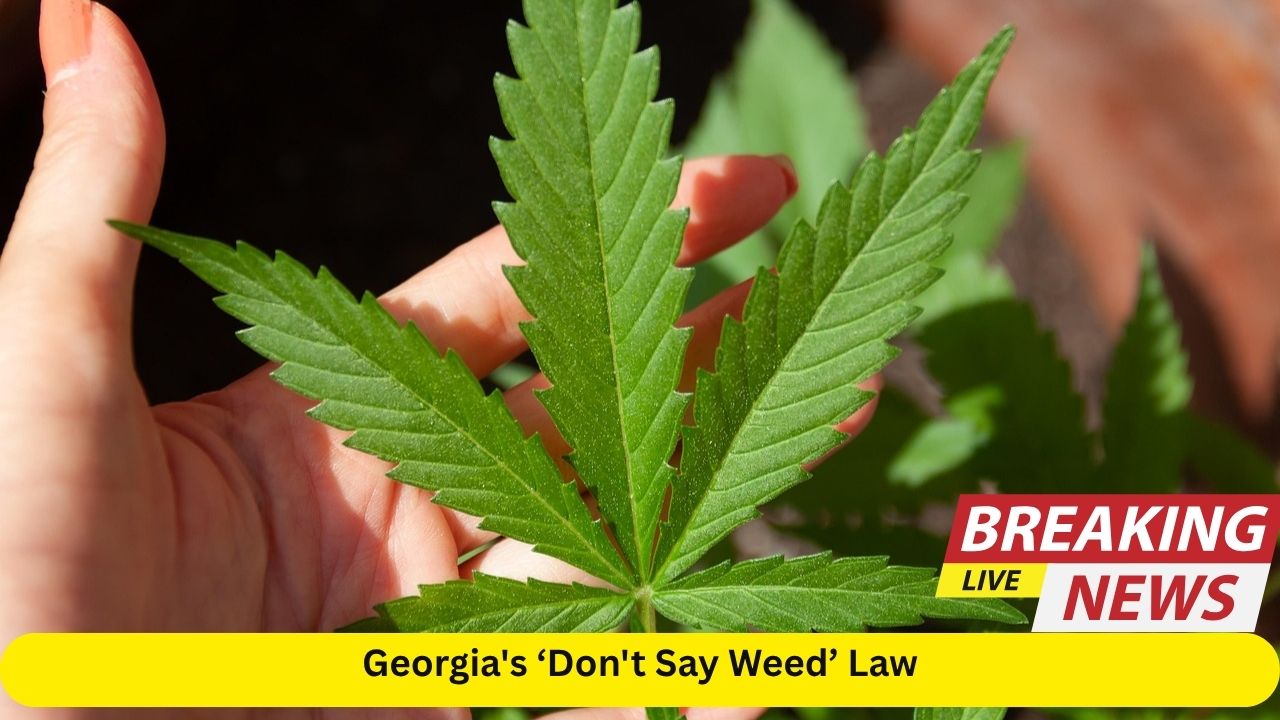


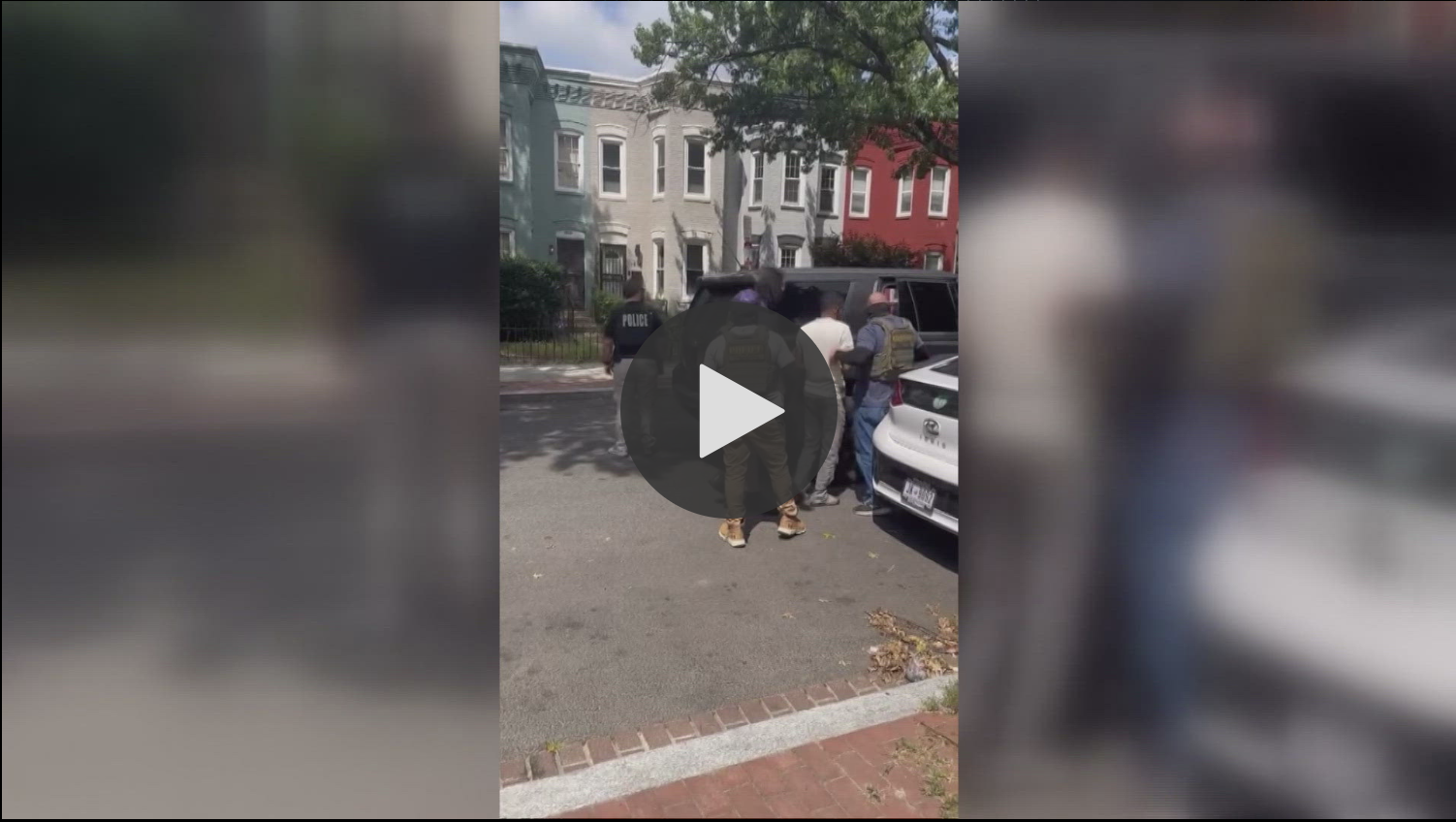
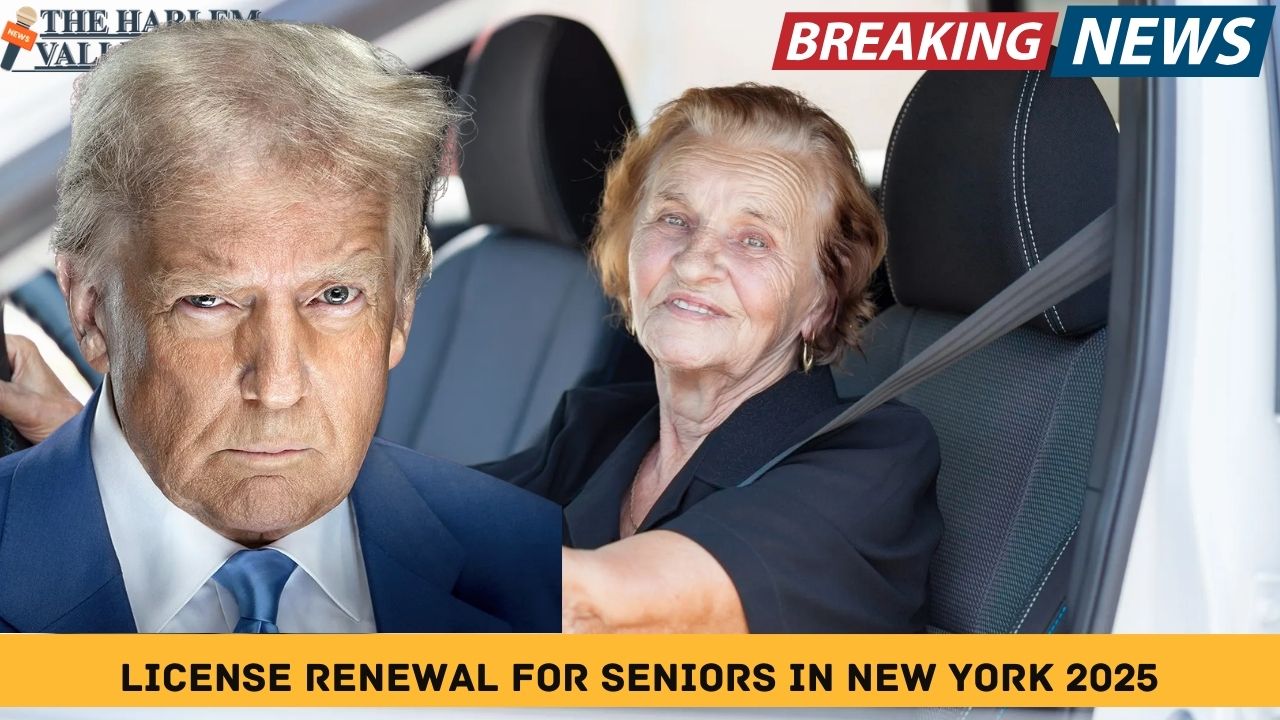




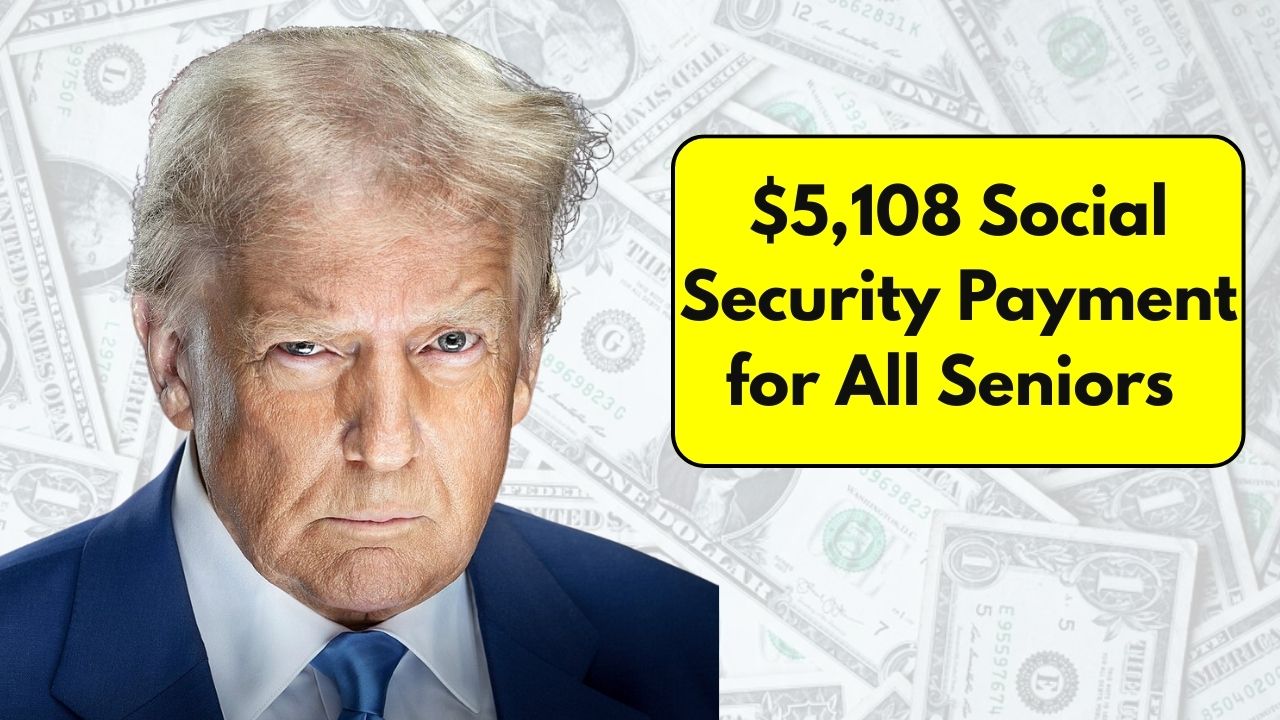

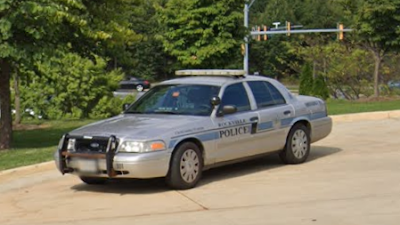


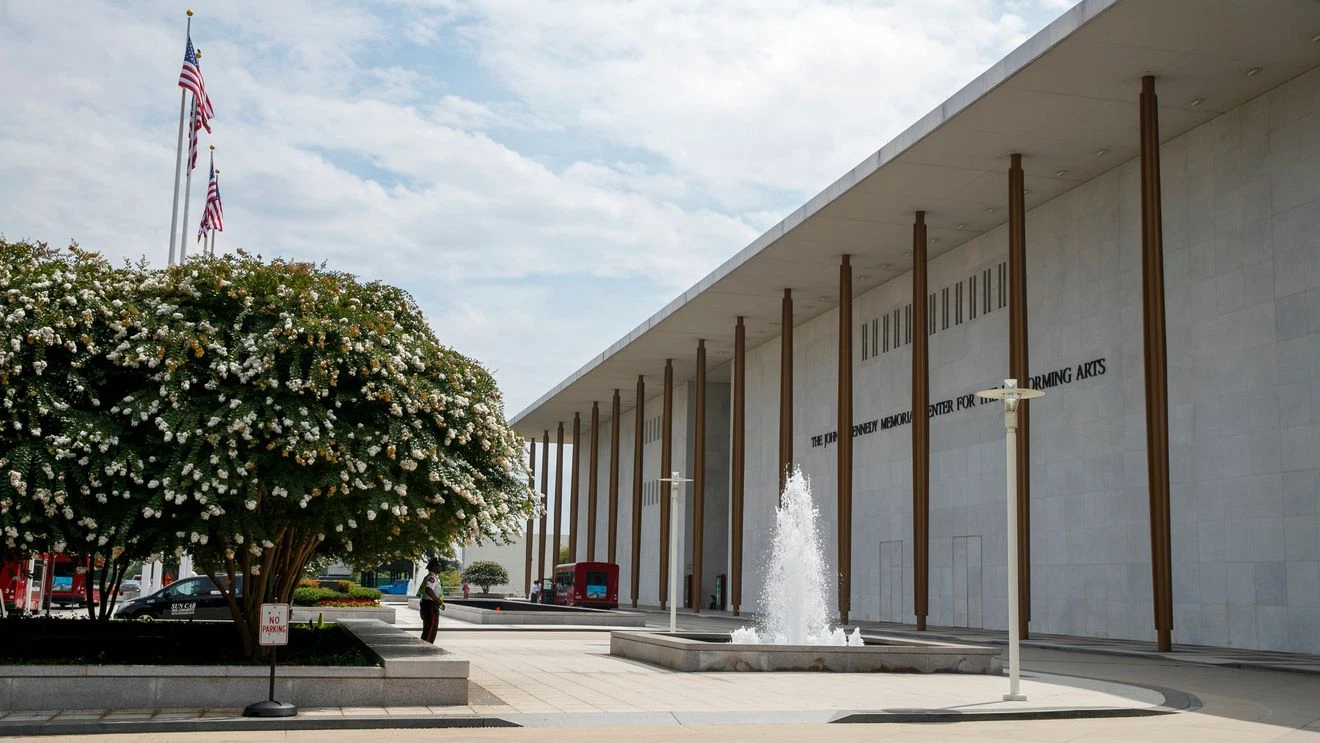
Leave a Reply